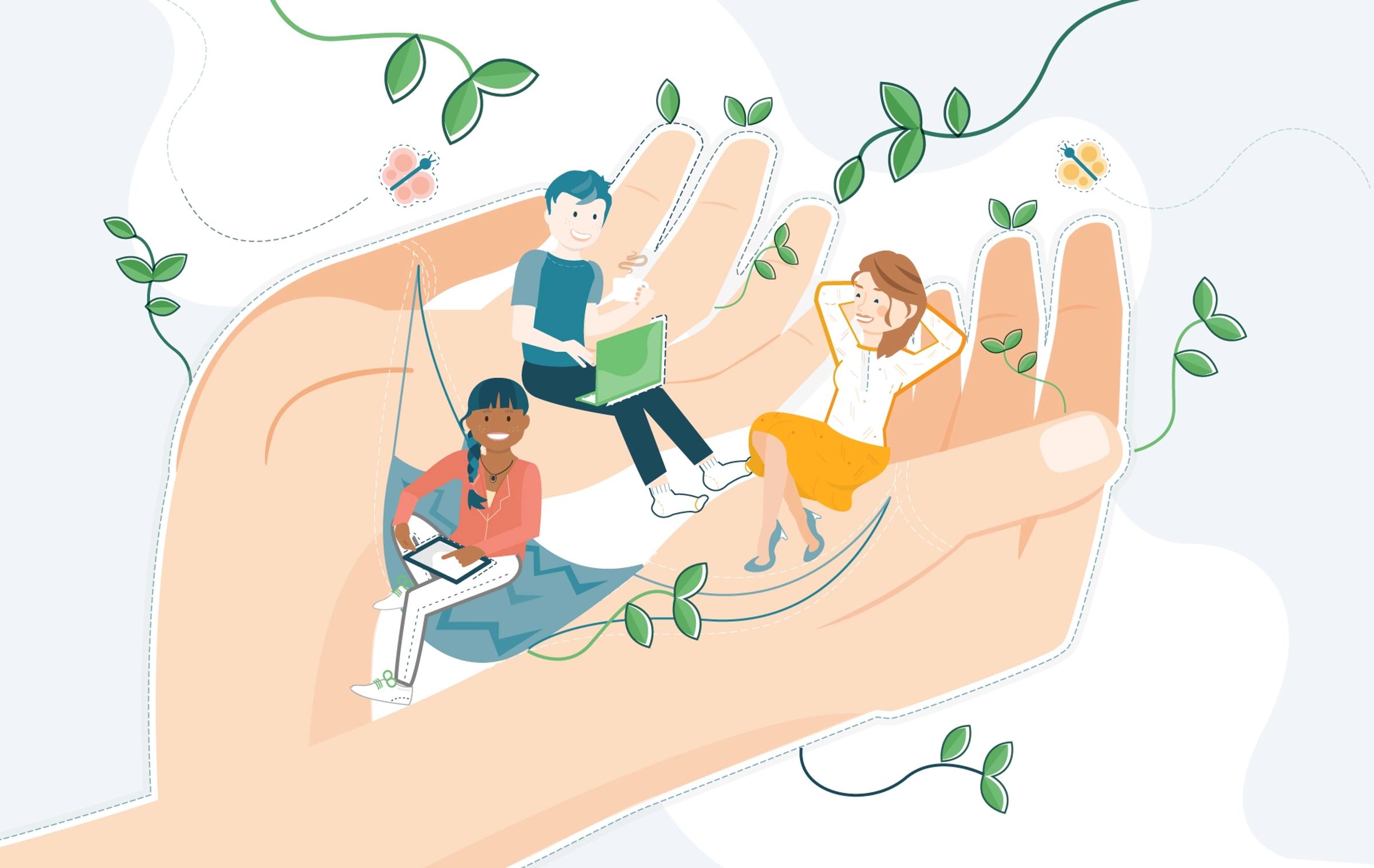Wellbeing

Resilience, Rights and Respectful Relationships
Each week our students are take part in a SEL (Social Emotional Learning) lesson. This is where skills are explicitly taught to assist our students with emotional literacy, mental health, relationships and resilience.
The content for these lesson is gathered from a few different resources but a large part of it comes from the Resilience, Rights and Respectful Relationships program. As you would have read in your child's fortnightly Learning Links we have all just finished looking at Topic 7 & 8 of this program.
Here is some information on the units we have just covered.
Gender Identity:
Learning activities within this topic assist students to challenge stereotypes and critique the influence of gender stereotypes on attitudes and behaviour. They learn about key issues relating to human rights, gender, identity and focus on the importance of respect within relationships. The activities promote respect for diversity and difference.
Exploring stereotypes helps us understand how they influence our attitudes and behaviour.
We learn about:
gender stereotypes
how gender stereotypes can influence our attitudes and behaviour
issues relating to human rights, gender and identity
the importance of respect within relationships
diversity and difference.
Positive Gender Relations
Learning activities within this topic focus on building an understanding of the effects of family violence and focus on the standards associated with respectful relationships. Students develop the skills needed to solve problems, set boundaries within relationships, and play an active role within the prevention of family violence. They develop peer support and help-seeking skills that can be applied in response to situations involving gender-based violence in family, peer, community or on-line relationships.
Respectful relationships are key to preventing family violence.
We learn:
about the effects of family violence
what we should expect in a respectful relationship.
We develop skills to help prevent family violence, including how to:
solve problems
set boundaries within relationships.
We practice peer support and seeking help when gender-based violence occurs:
in families
among peers
in the community
online.
